Amid the Darkness | Human Kindness in Gaza
I keep looking at my people, and perhaps the greatest blessing throughout the entire calamity being visited upon us is that we constantly urge each other to remain tender toward one another.
With all of the violence, pain, and suffering we are living through, we are angry, anxious, and on edge all the time. It is a constant struggle to remain sane, continue to live by our values, and to treat each other gently. But we keep finding energy where none is left.
This is where perhaps the Israeli regime is right: We are all fighters in Gaza, in Palestine. We are all fighters because we dare to maintain our humanity. This is the battle unspoken, the one we are taking on with nothing but heart and starved bodies, surviving bomb after bullet, and bullet after bomb.
We are indeed fighters, warriors, and the population that keeps rising up. The banality of our struggle is missed in how the world sees us: We are not merely victims of Israel’s ruthless wrath; we are the ones directly resisting even if that resistance does not look like what you think.
Standing together
During these taxing and laborious times, I learned the layers of what it means to have a family, to be a human, and to support each other selflessly.
When Israel targeted Gaza as a whole, it was doing something even more sinister than taking lives and destroying buildings. It was attempting to destroy the intangible things that bind us together. This is the strategy of colonial armies and regimes – to divide and conquer.
Israel wasn’t trying to slaughter us all. It will always preserve parts of the population simply so it can say, “We didn’t eradicate them, see?”.
But what Israel’s administration is doing – at least trying to do – is to transform the kinship and safety we feel with each other; to pit us against each other, make us resentful towards one another, and engineer a population that directs its rage and frustration inward. What Israel, and all of its allies, cannot understand, comprehend, or recognise is that at every moment we do the exact opposite.
They have cut off aid trucks from entering the Gaza Strip, blocking us from accessing our money, and causing the prices of even the most basic items to rise unbelievably high. But we have stood together from the beginning. It is true some people have become selfish, thinking only of themselves. But others have done everything they can to split the limited amount of food that we have – even when it is the only food they have for their children – and share it with others.
Family and survival
What we are surviving in Gaza is not just the ferocity of Israel’s lethal weapons; it is also the mental exhaustion, emotional dysregulation, and depletion of hope and faith that the past year has brought. I believe Israel is doing this so that if they ever decide to give us a real opportunity to negotiate, we will seek the bare minimum.
After all, we are made of flesh, bone, heart, and soul – all fragile components of our human composition; all of which require constant taking care of, and all capable of becoming rotten. The only thing saving us, is us. The family battalion is the battalion that is fighting one of the hardest battles.
Before the war, my family wasn’t rich, but I lived a life most girls dream of. I had the luxury of a home, a higher education, and the finest material to paint. I am an oil painter, and I used to paint on canvas. I miss it more than I ever imagined. Of course, we couldn’t afford every single thing I desired, but I was content and grateful. Now, I see my father during this war struggling just to keep us alive.
Israel has made it so we can’t access the money in our bank accounts, and my father has no way of making a living. Still, he has been trying his best to provide us what we need. Even when he can’t, he selflessly offers us the little bit of food we have even if it means he will have to go without, preferring to provide for our needs over his own.
Long-Term Environmental Consequences
The environmental impacts of the war in Gaza are unprecedented, according to a preliminary assessment by the UN Environment Programme (UNEP), exposing the community to rapidly growing soil, water and air pollution and risks of irreversible damage to its natural ecosystems. UNEP reiterates the call for an immediate ceasefire to protect lives and eventually help mitigate the conflict’s environmental impacts.
“Not only are the people of Gaza dealing with untold suffering from the ongoing war, the significant and growing environmental damage in Gaza risks locking its people into a painful, long recovery. …Water and sanitation have collapsed. Critical infrastructure continues to be decimated. Coastal areas, soil and ecosystems have been severely impacted. All of this is deeply harming people’s health, food security and Gaza’s resilience,” said Inger Andersen, UNEP Executive Director.
The preliminary assessment finds:
- The conflict undoes progress on Gaza’s environmental management systems, including development of water desalination and wastewater treatment facilities, a rapid growth in solar power, and investments in the restoration of the Wadi Gaza coastal wetland.
- An estimated 39 million tonnes of debris have been generated by the conflict – for each square metre in the Gaza Strip, there is now over 107 kg of debris. This is more than five times the quantity of debris generated from the 2017 conflict in Mosul, Iraq. Debris poses risks to human health and the environment, from dust and contamination with unexploded ordnance, asbestos, industrial and medical waste, and other hazardous substances.
- The water, sanitation, and hygiene systems are almost entirely defunct. Gaza’s five wastewater treatment plants have shut down, with sewage contaminating beaches, coastal waters, soil, and freshwater with a host of pathogens, nutrients, microplastics, and hazardous chemicals. This poses immediate and long-term threats to the health of Gazans, marine life, and arable lands.
- The solid waste management system is severely damaged. Five out of six solid waste management facilities in Gaza are damaged. By November 2023, 1,200 tonnes of rubbish were accumulating daily around camps and shelters. A shortage of cooking gas has forced families to burn wood, plastic and waste instead, endangering women and children in particular. This, coupled with fires and burning fuels, is likely to have sharply lowered Gaza’s air quality, though no open-source air quality data is available for Gaza.
- Munitions containing heavy metals and explosive chemicals have been deployed in Gaza’s densely populated areas, contaminating soil and water sources, and posing a risk to human health which will persist long after the cessation of hostilities. Unexploded ordnance poses especially serious risks to children.
- Destruction of solar panels is expected to leak lead and other heavy metals, causing a new kind of risk to Gaza’s soil and water.
Limited by the security situation and access restrictions, the preliminary assessment is informed by remote sensing assessments, data from Palestinian technical entities, consultations with multilateral partners, previously unpublished material from UN field-based activity, and scientific literature.
Source | UNEP
A Child’s Life in Gaza, Photos by Hosny Salah
Pulling me through
At times I have reached rock bottom, I have lost hope, I have thought, “This is the end”. I only just turned 22, and I have believed that I will die displaced, that I will be blown into pieces and no one would be able to recognise my features, that I will die hungry without being able to fulfil even my smallest desires – to eat a meal in my home again and live until I get married and have a family of my own, to die after a long, happy life surrounded by the people I love.
When this happens, amid all the darkness that only seems to get darker, the only thing that pulls me through is my family.
My family was forced to flee on 7 October last year from our home in al-Tuffah, a neighbourhood in the historic centre of Gaza City that has existed since the 13th century.
My brother, who lives in Deir al-Balah, in the centre of the Gaza Strip, took our whole family under his roof. Thank God, we have not been forced to evacuate again. But we are always afraid. His home is next to a hospital, and hospitals have frequently been targeted by the Israeli military. We did have to escape once, when they bombed the mosque next to the house, but we were able to return.
He crammed his own family – his two daughters and two sons – into one room just to give the rest of us some space to feel comfortable. This is family; this is coming through despite the scarcity of resources, despite the density of breaths in a single room, despite the bombs around us, despite it all.
With me, my parents, sisters, and brothers, and their spouses and children, and my uncle and his family – there were a lot of us to take in. Twenty-eight people in one house. But my brother tried to make us feel safe during the most horrifying nights. At a bare minimum, he tried to make us feel we were still at home.
Two extremes
During winter months, we shared blankets and hugs. When we woke up cold at night, terrified by the artillery bombardments, we had each other. We gave each other strength and patience. We shared food at the same table. We played cards late at night to ease the long cold nights.
I remember my sister-in-law. She was pregnant, and she got sick. You know how painful that can be. A pregnant woman is vulnerable and weak already. She was so worried, and it was a freezing winter night. My uncle’s wife woke up in the middle of the night and made her a warm soup. I know you might think it is nothing, but it was everything she needed to heal.
When I had a fever – a very painful one – I remember my body wouldn’t stop shivering under a lot of blankets. My mother stayed there holding me in her embrace. I thought I was going to die. My face was so red, like it was on fire. I remember the whole house was there for me, asking me if I needed anything.
I couldn’t help but wonder, “How can there be two extremes in the world: humane and inhumane?” Some people fight to do whatever it takes to help each other ease the pain; others keep proving that they have no problem inflicting it.
I don’t exactly know what was wrong with me. I had a bad fever, and my body could not stop shaking. There are so many sick people. There have been huge outbreaks of disease, especially among children. It is impossible to find medicine, and if you manage to find some it is really expensive. There is only one clinic in our area to respond to all of this. It is a struggle to get an appointment – I never got one. Luckily, I survived.
These are the things
One day, I was sitting by the beach with my bare feet on the shore. I was really devastated. Miserable. I could not help but cry. A little girl sat by my side. She was very beautiful. Her hair was bleached from the heat of the sun, her skin burnt, and she was asking for money. I had none at that moment to give her.
When she saw me crying, she sat by me and asked me to play with her in the sand. So we played and made a little castle. She managed to make me laugh, and kissed me on the cheek.
Later, as I was walking down the dead streets, I saw a man selling bananas. I was craving any fruit, especially bananas, as they remind me of home. I used to love eating one every morning before heading to my university. I asked the man how much one cost. The man told me a very high price that I couldn’t afford. I kept walking, but he called after me and offered me a banana for free.
I ate the banana with tears in my eyes. It tasted like heaven to me because it reminded me of home.
These are the things I will be grateful for until the day I die: A kiss on the cheek from a barefoot child on the burning sand; the man who gave me a banana for free because he knew I was craving one and didn’t have the money to pay for it; the people who have been there for me by my side; the people who have opened their homes to their displaced brothers and sisters, and those who share their food and their children’s food with others.
I am grateful to every single human who has kept their humanity despite the horrifying violence we live in every day.
–––––
The New Humanitarian puts quality, independent journalism at the service of the millions of people affected by humanitarian crises around the world. Find out more at www.thenewhumanitarian.org.



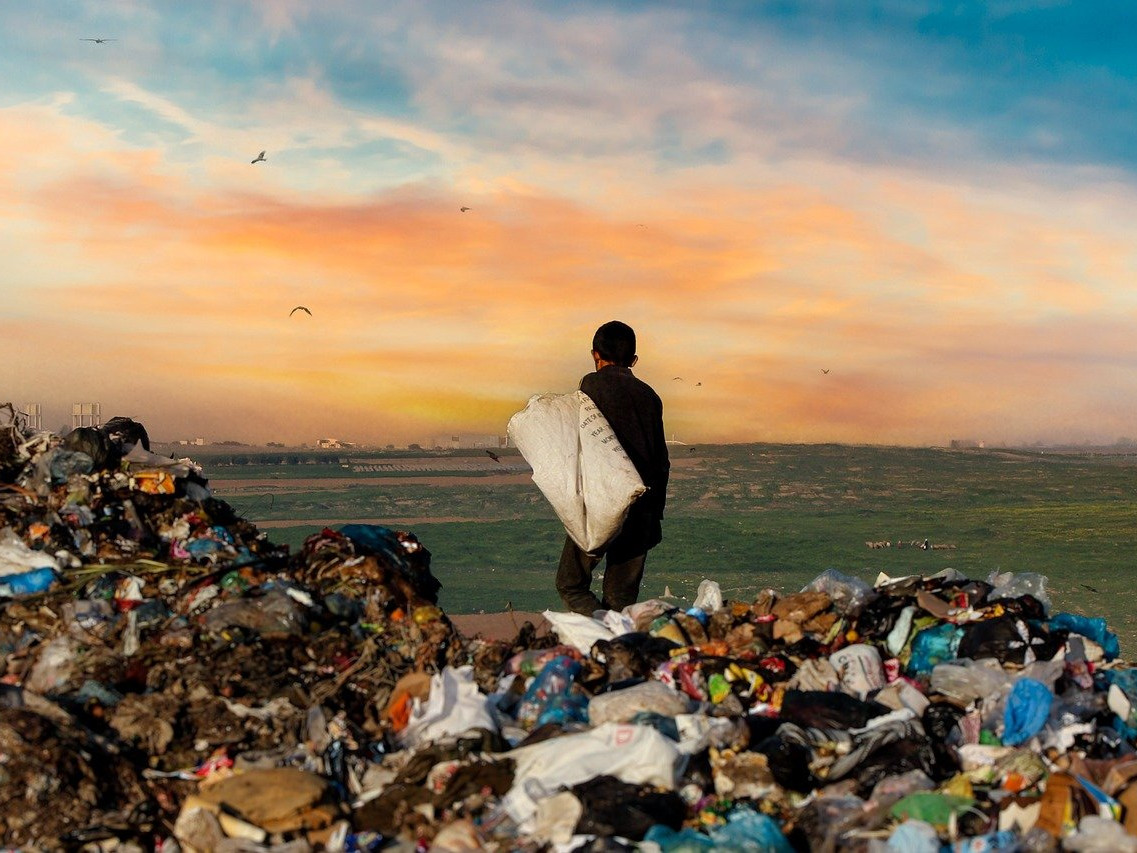
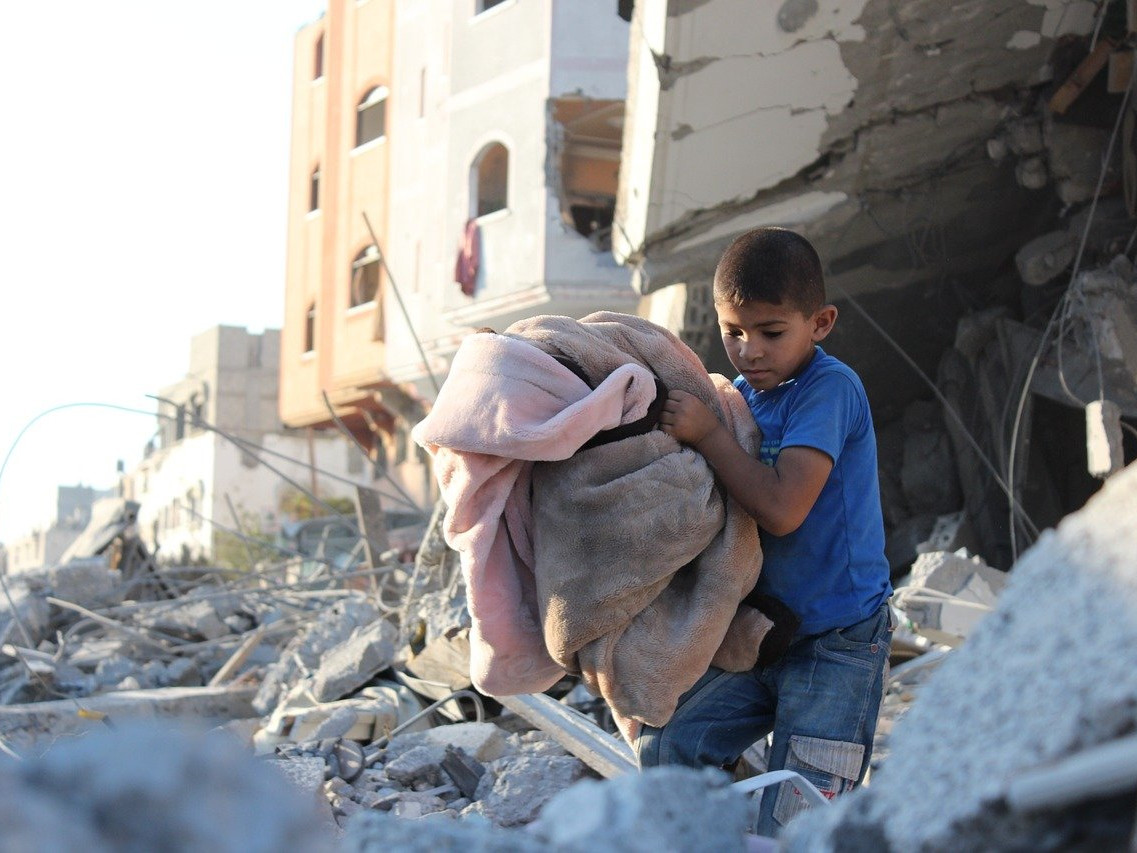
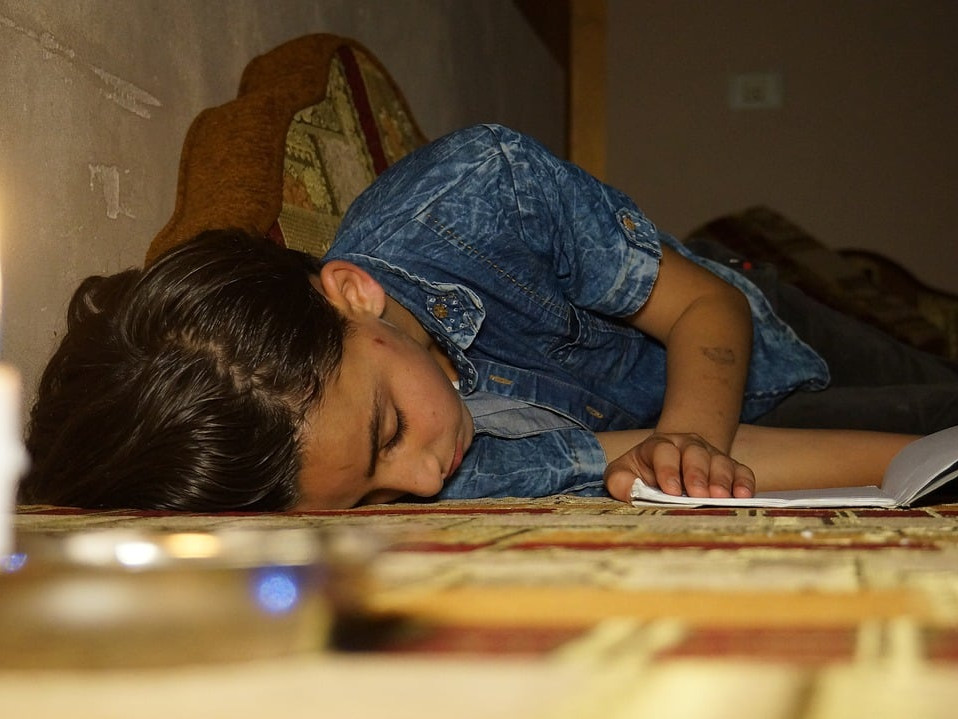
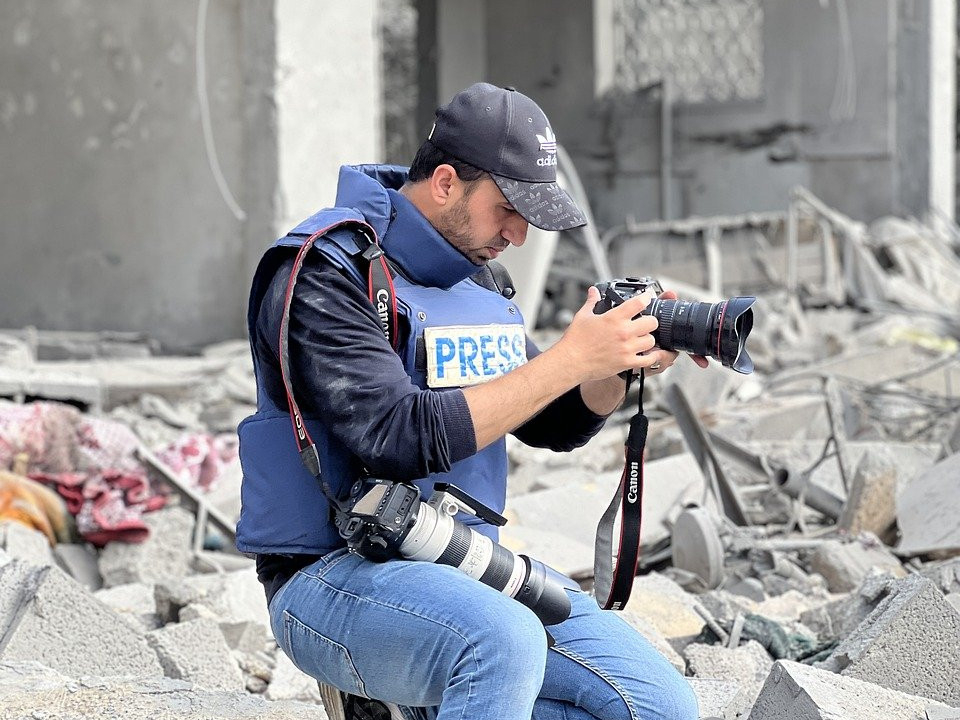
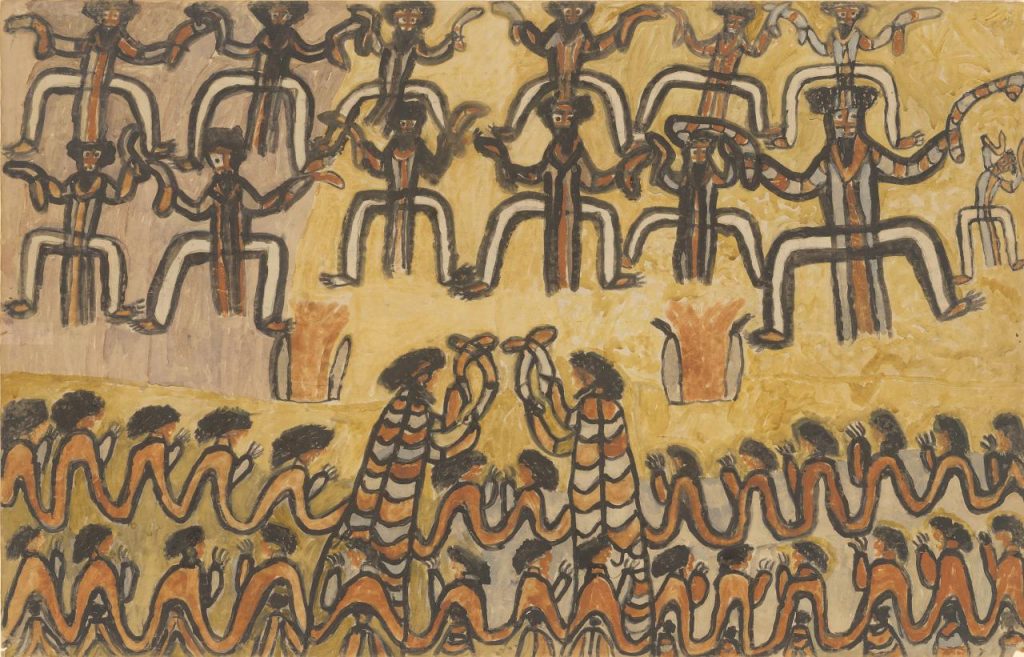
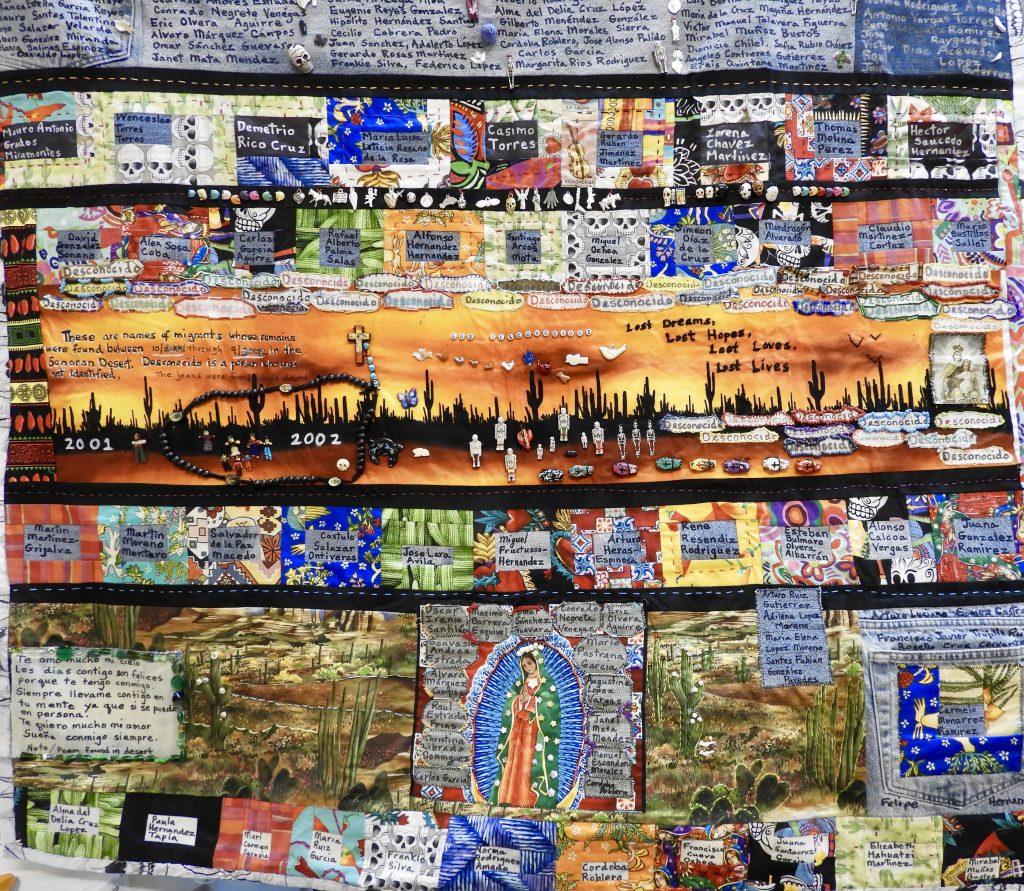
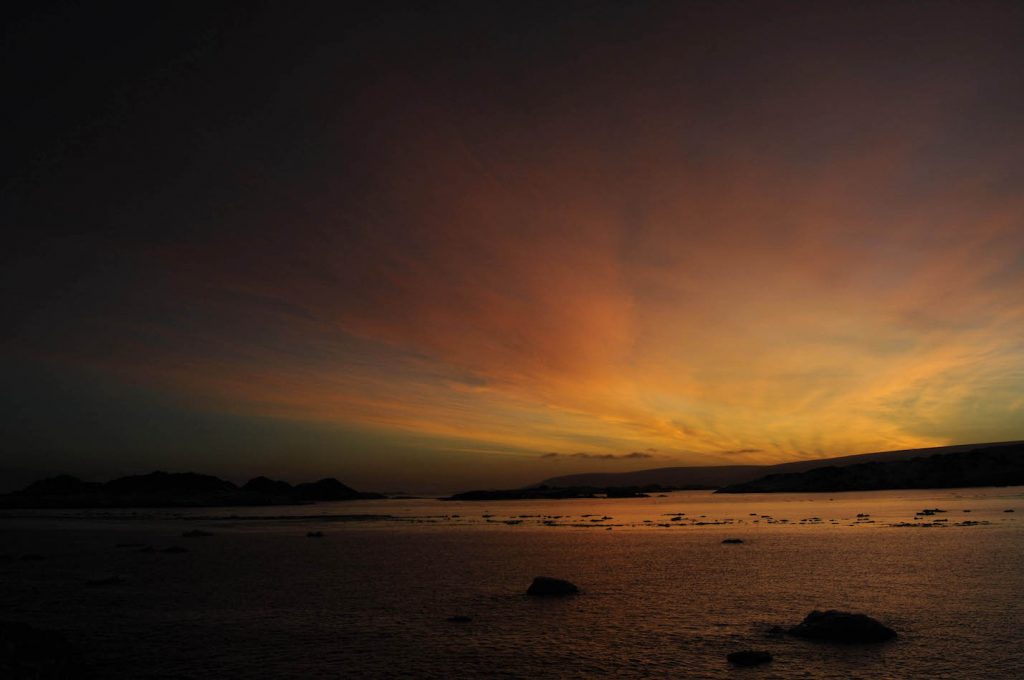
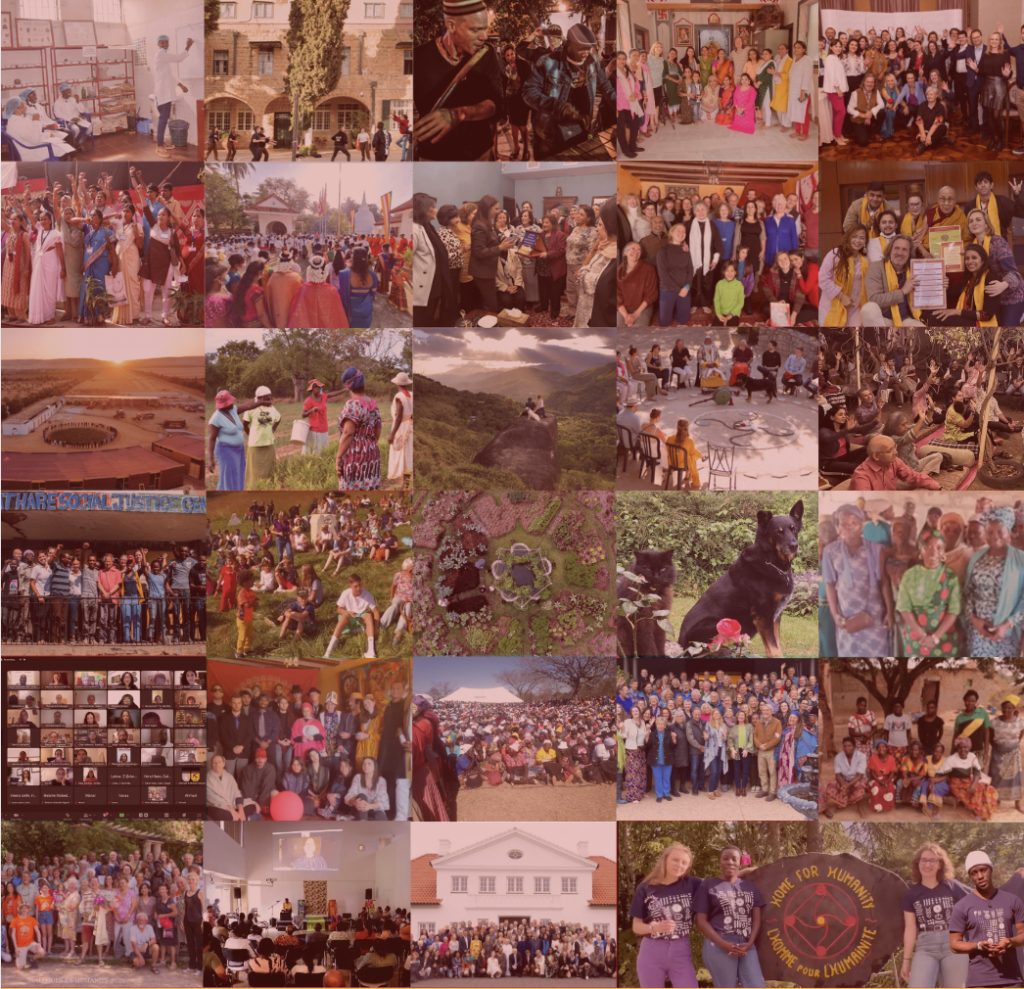
Whilst I think almost everyone would feel the pain of this event and the horrendous effects on the people living in Gaza, I would suggest that, if you are Palestinian and live in Gaza, you should remind yourself of what started all of this.
Perhaps, if you got rid of Hamas from your midst, this may not have happened and, instead of blaming Israel, have a look at Hamas and what they are doing.
Sorry, I don’t mean to be insensitive, but their is a reason that all of this is happening.